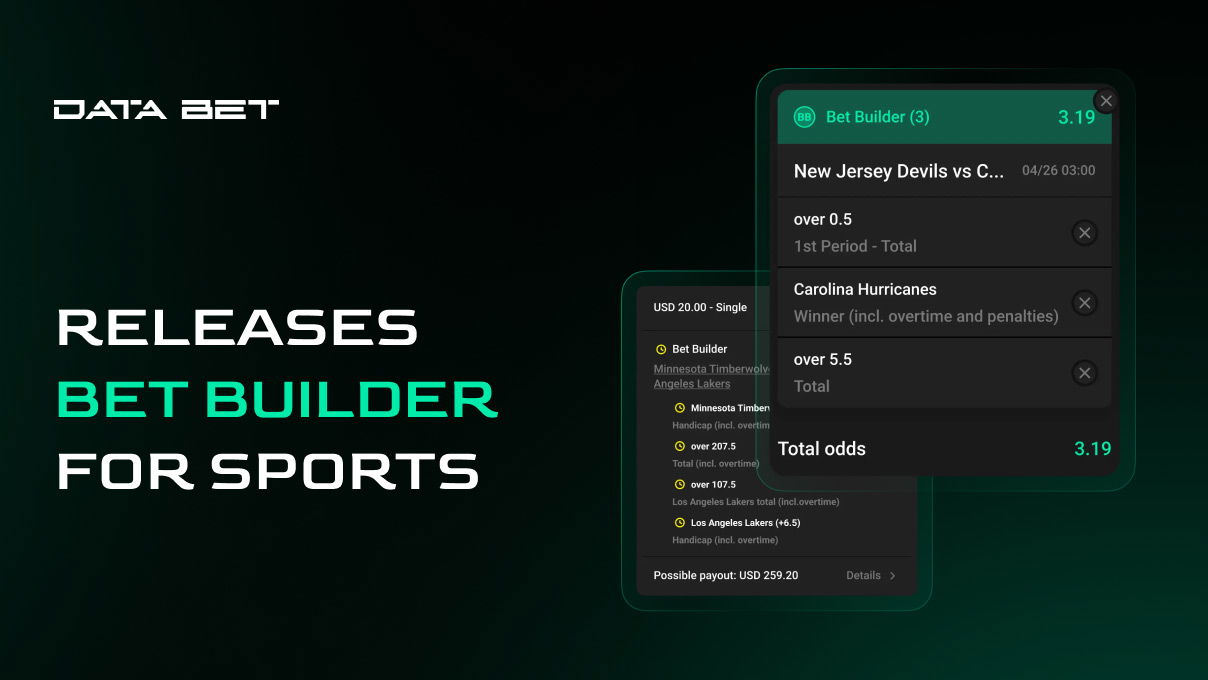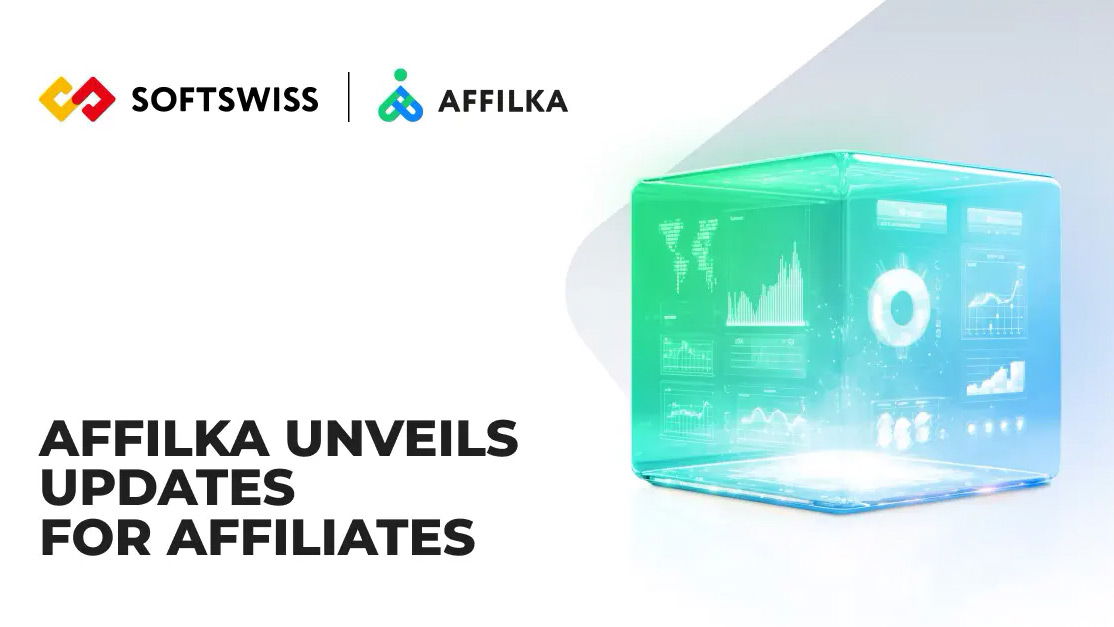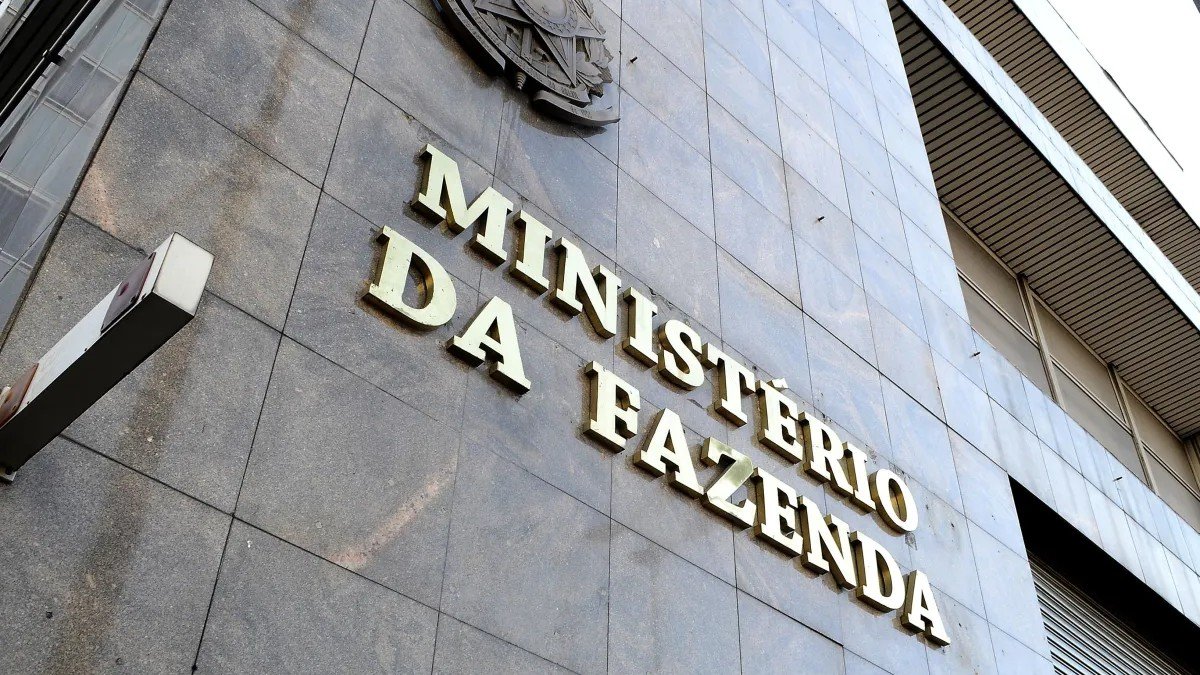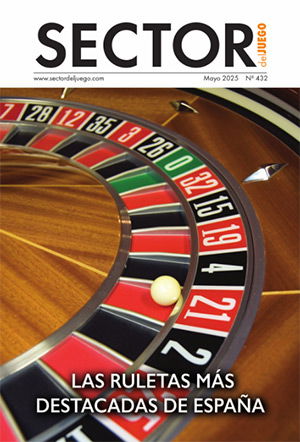IBIA reports 40 cases of suspicious betting in Q1, down 20% on a quarterly basis

The International Betting Integrity Association (IBIA) reported 40 cases of suspicious betting activity to the relevant authorities during the first quarter of 2023, according to an update published Wednesday. The Q1 total is a decrease of 20% when compared to the 50 cases in Q4 2022 and a 17% decrease from the 48 alerts in Q1 2022.
The Q1 alerts covered nine sports, with the top three of football (15 cases), tennis (12), table tennis (4), and table tennis accounting for 78% of all alerts. From a geographical perspective, the alerts spanned 22 countries, with Europe accounting for over half (60%) of all alerts reported, followed by Asia (15%) and Africa (10%).

Khalid Ali, IBIA CEO, said: "IBIA's monitoring and alert network provides the most comprehensive, robust, and detailed intelligence on suspicious betting activity globally. It utilizes detailed customer-account data that is only available to IBIA and its members and covers nearly 50% of all regulated commercial online betting."
"By harnessing those collective resources, we are able to deploy a protective shield around IBIA operators, resulting in fewer attempts to corrupt our members compared to non-members," the executive added.
Khalid Ali, IBIA CEO
Other key data for Q1 2023:
- The 12 tennis alerts reported in Q1 2023 represent a more than 50% decrease compared to the average quarterly figure in 2022.
- Spain is the country with the highest number of Q1 alerts. The 8 alerts on sporting events in Spain equals the total number of alerts on Spanish events for the whole of 2022.
IBIA's quarterly report also highlights the importance of establishing effective integrity solutions across Latin America, especially in Brazil, and the important role IBIA-regulated operators play in identifying and deterring potential manipulation.
Such a proposal comes after "a targeted analysis of alerts in the Latin American market," with 105 suspicious alerts across the region during 2018-22. "Brazil was the main source of alerts (31%), followed by the Dominican Republic and Mexico (10%), and Argentina and Peru (9%)", the Association detailed.

Unsurprisingly, considering its importance in Brazil, football accounted for 63% of alerts, followed by tennis (21%). In total, there were 33 suspicious alerts raised by IBIA members in Brazil during this five-year period.
"A well-regulated sports betting market is essential to the fight against sports betting-related match-fixing. All relevant stakeholders – betting operators, policymakers, regulators, and sports – have an important role to play to ensure that Brazil enjoys the full benefits of a dynamic and competitive regulated sports betting market whilst reducing the risks of match-fixing," IBIA's CEO concluded.
According to H2 Gambling Capital, the Brazilian sports betting market grew by 44.4% from 2021 to 2022, reaching BRL4,506 million ($940 million) in gross gambling revenue (GGR) and is projected to reach BRL9,265 million ($1,860 million) in GGR by 2027
(105% increase).
See IBIA's full Integrity Report for the first quarter here.

















































